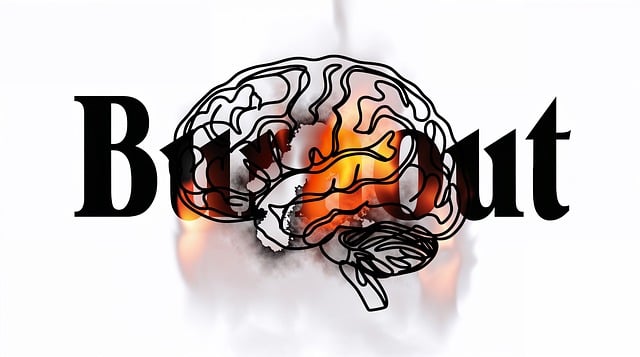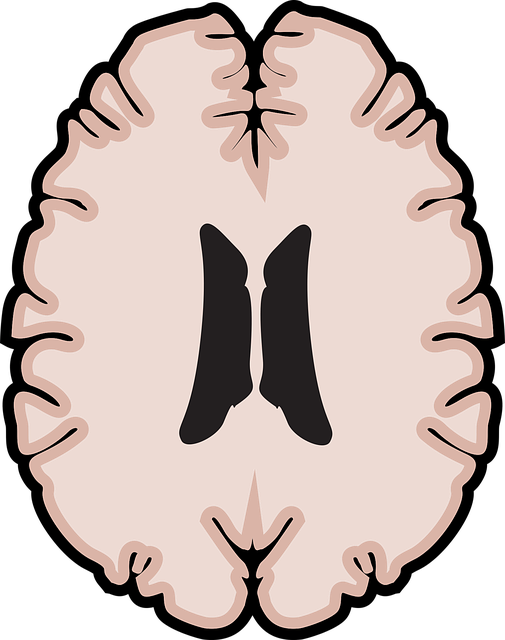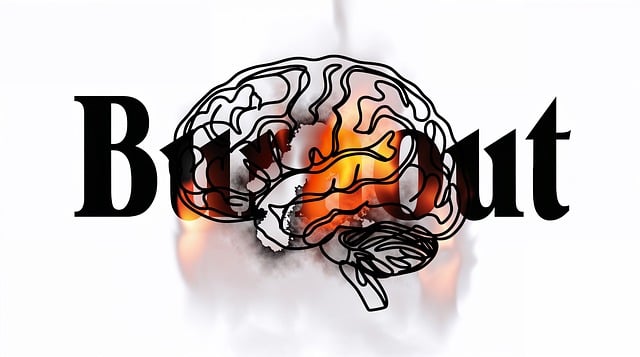Castle Rock Blended Families Therapy provides tailored strategies for modern families, focusing on coping skills and mental wellness coaching. Through open dialogue, mindfulness practices, and customized programs, therapists help blended families build resilience, resolve conflicts, and foster emotional harmony. This holistic approach integrates self-care, cultural competency, and evidence-based techniques to empower every family member, creating a secure environment where everyone feels valued and heard.
In today’s diverse family structures, coping skills development is paramount, especially within blended families. This article explores the significance of cultivating resilient strategies for emotional well-being in such households. We delve into understanding individual and family-specific coping mechanisms, highlighting their role in navigating unique challenges. Additionally, we emphasize the value of professional support, showcasing Castle Rock Blended Families Therapy as a game-changer in fostering healthy adaptation and enhancing family dynamics.
- Understanding Coping Skills and Their Importance in Blended Families
- Identifying Individual and Family-Specific Coping Strategies
- Implementing Effective Coping Mechanisms for Emotional Well-being
- Seeking Professional Support: The Role of Castle Rock Blended Families Therapy
Understanding Coping Skills and Their Importance in Blended Families

In Castle Rock blended families therapy, understanding coping skills is paramount. Blended families often face unique challenges due to varying family structures and histories. Effective coping mechanisms empower each member to navigate these complexities with resilience. By learning healthy strategies, such as communication techniques and mindfulness meditation, families can foster mental wellness and strengthen their bonds.
The development of coping skills plays a crucial role in the overall well-being of blended families. Mental wellness coaching programs can guide parents and children alike in adopting practices that enhance emotional regulation and conflict resolution. Integrating these strategies into daily routines promotes harmony and creates a more secure environment, ensuring everyone feels heard and valued. Whether through open dialogue or mindfulness exercises, communication strategies become the cornerstone for building strong, connected blended families in Castle Rock.
Identifying Individual and Family-Specific Coping Strategies

Identifying Individual and Family-Specific Coping Strategies is a crucial step in Castle Rock Blended Families Therapy. Every family dynamic is unique, with members bringing their own experiences, personalities, and coping mechanisms to the table. Therapists play a vital role in helping families uncover these strategies, which can range from individual practices like meditation or journaling to collective rituals such as family game nights or outdoor activities. By recognizing and understanding these coping strategies, therapists can tailor Mental Wellness Coaching Programs to enhance emotional intelligence and build confidence within each member, fostering a supportive environment that promotes overall mental wellness.
This process involves active listening and open dialogue to uncover both healthy and unhealthy coping mechanisms. For instance, some family members might turn to creative outlets like art or music as a way to express emotions, while others may rely on physical activities or quiet solitude. Integrating these insights into therapy sessions allows for the development of targeted interventions, ensuring that each family member receives the support they need to navigate life’s challenges effectively.
Implementing Effective Coping Mechanisms for Emotional Well-being

Implementing effective coping mechanisms is an essential aspect of maintaining and enhancing emotional well-being, especially for those navigating complex life situations. Castle Rock Blended Families Therapy recognizes the unique challenges faced by blended families and offers tailored strategies to foster resilience and healthy coping behaviors. By incorporating various stress reduction methods, such as mindfulness practices, cognitive reframing, and relaxation techniques, individuals and families can effectively manage their emotional responses to stressful events.
Healthcare provider cultural competency training plays a pivotal role in this process. Understanding cultural nuances enables therapists to offer sensitive and relevant support, ensuring that coping strategies resonate with the diverse backgrounds of clients. Moreover, burnout prevention is addressed through these practices, promoting self-care and sustainable resilience in the face of life’s challenges. This holistic approach empowers individuals to navigate their emotional landscapes with greater ease, fostering a sense of equilibrium within their families.
Seeking Professional Support: The Role of Castle Rock Blended Families Therapy

In navigating the complexities of modern family dynamics, Castle Rock Blended Families Therapy emerges as a beacon of support for families striving to harmonize their relationships. This specialized approach recognizes the unique challenges faced by blended families and offers evidence-based strategies through individual, couples, and family therapy sessions. By prioritizing open communication, understanding, and empathy, therapists foster an environment where each member feels heard and valued, laying the groundwork for stronger bonds.
Integrating self-care practices and Mind Over Matter principles, Castle Rock Blended Families Therapy equips families with the tools to manage stress, resolve conflicts constructively, and cultivate mental wellness. The therapy sessions are designed to be collaborative, encouraging active participation and promoting positive change from every family member. Moreover, their Mental Wellness Podcast Series Production provides additional resources, offering practical insights and inspiring stories that reinforce the work done in therapy sessions, ultimately contributing to a more fulfilling and harmonious family life.
Coping skills are essential tools for navigating life’s challenges, especially within blended families. By understanding and implementing effective strategies, parents and children can foster emotional well-being and build resilience. The article has highlighted the importance of identifying tailored coping mechanisms, offering a range of options to suit individual and family needs. Additionally, seeking professional support from Castle Rock Blended Families Therapy can provide valuable guidance and a safe space for navigating complex dynamics. With the right tools and resources, blended families can thrive, ensuring each member feels heard, supported, and equipped to cope with life’s unique challenges.











